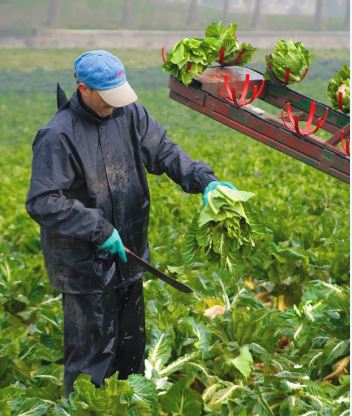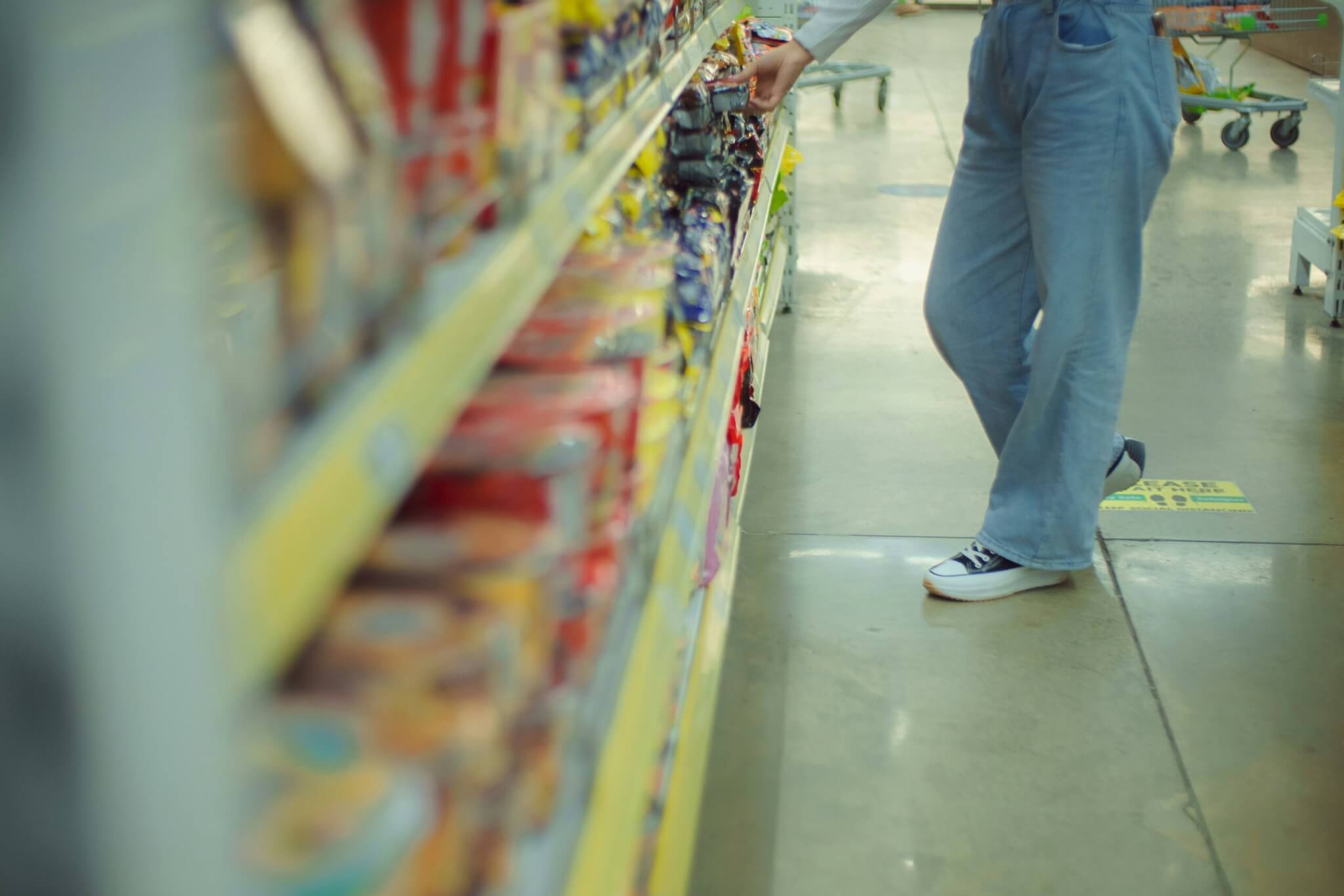Cauliflowers, leeks, kale and other winter veg are in short supply after heavy rainfall in late autumn ended the British growing season ahead of schedule.
Meanwhile, snow and frost in Italy is hampering European imports of fresh produce, especially leafy vegetables like herbs, spinach and chard, combining with a tough British growing season to create some short-term shortages.
It comes ahead of the annual so-called ‘hungry gap’, used to describe the early spring period around March, after British winter crops finish and ahead of the new spring volumes, and which made headlines this week after a Tory MP incorrectly stated that March would be the best time to leave the EU from a self-sufficiency perspective.
Crop forecaster for organic veg box company Riverford, Hannah Croft, said: “The hungry gap is worse than usual because Europe has had a worse winter than we’d expect, and we’re not going to overlap nicely like we usually do.”
Among Riverford’s farms and growers, the worst-hit crops are leeks, followed by kale, cauliflowers and purple sprouting broccoli, said Croft, adding that the latter two are likely to recover in the next two weeks. Herbs have been completely withdrawn due to weather issues in Italy. Leafy salad crops in the south of the country have also been affected by frost and heavy snow, with one salad supplier, JW European, tweeting that it has been a “tricky week for farming out in Southern Italy.”

Croft said: “At this time of year we get herbs from Italy, and they’ve had some very severe snow storms. Europe has much more severe winters, so supply does drop in and out. We won’t have UK-grown herbs until April.”
As well as the drought in summer 2018, there was around 50 inches of rain in total for the year recorded for south Devon, compared to an average of 40. “We had a wet spring, then a drought, then an incredibly wet autumn,” said Croft. “We had 18 inches of rain in November and December alone, which meant all the crops we planted were just sitting in water with nowhere to go.”
Accounting for crop losses due to 2018’s extreme weather, Riverford lost around 70 per cent of its swede crop, while some growers in Italy have lost the majority of Calabrese and Swiss chard crops.
“I’m positive and I think cauliflowers and purple sprouting broccoli will recover and actually be a very good quality. The plants are looking healthy and should be available again within two weeks,” Croft added.
While the shortages on field veg are causing problems, British-grown crops that are grown under cover on in polytunnels, such as salad packs and bitter leaves, are still available and in season.













0 Comments